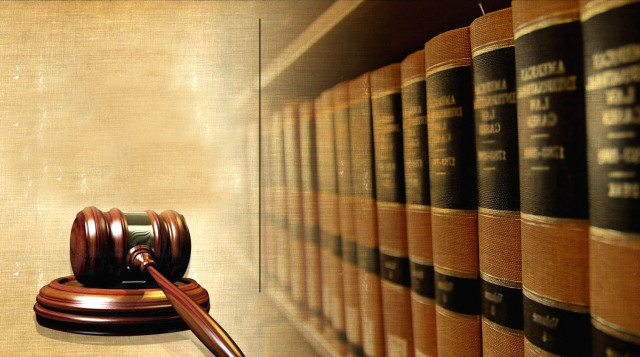Blasphemy law saga
Courts, parliament and institutions must ensure that such laws do not remain on statute books.

At the end of last month, the Chief Justice of the Lahore High Court had issued an order preventing a presidential pardon for the victim of the latest blasphemy charge following indications from President Asif Ali Zardari that this was being considered. This move had been condemned by the president of Pakistan’s Supreme Court Bar Association as well as by human rights activists.
The case of Aasia Bibi exposes the rift lines that run through our society. On the one hand, we have clerics baying for blood and even setting a price for the killing of the woman, while on the other we have those demanding an end to the misuse of the blasphemy law. This, of course, is not to suggest there should be any lack of respect for the religious sentiments of people and the fact of the matter is that the existing law, notably over the past two decades, has been used more often to victimise rivals or settle personal scores. It has also been a long-standing demand of minority groups that their sentiments be protected. It is vital that justice be done in this matter. Several government functionaries, including the Punjab governor, have said on record that the woman has been wrongly accused and convicted. The courts, parliament and other institutions must make this a key priority and do what they can to ensure that laws likely to be used as a means to harass the vulnerable or which add to the extremist trends that run through our society do not remain on statute books.
Published in The Express Tribune, December 7th, 2010.















COMMENTS
Comments are moderated and generally will be posted if they are on-topic and not abusive.
For more information, please see our Comments FAQ